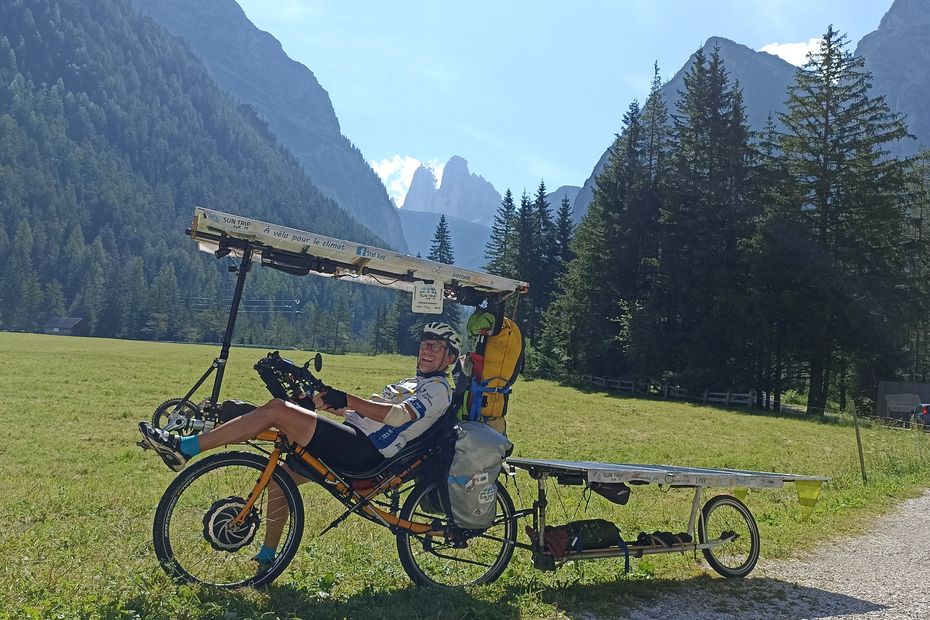After reaching more than 1,430,000 valid votes cast (50.63%) in the elections on November 28, Xiomara Castro Sarmiento became not only the first female president of Honduras, but also the most voted ruler in a Central American country . No president-elect had come close to adding 1.2 million votes, and he is expected to accumulate more, as the vote has not yet concluded.
Castro Sarmiento becomes the seventh president of a country in Latin America elected by suffrage. It is preceded by the former presidents Violeta Barrios Torres, Nicaragua, Mireya Elisa Moscoso Rodríguez, Panama, Michelle Bachelet, Chile; in Argentina, Cristina Fernández de Kirchner, in Costa Rica Laura Chinchilla Miranda and in Brazil Dilma V. Rousseff.
I must acknowledge the leadership of six women who also held the presidential chair, on an interim or provisional basis: María Estela Martínez de Perón from Argentina, Lidia Gueiler Tejada, from Bolivia, Rosalía Arteaga Serrano, from Ecuador, Ertha Pascal-Trouillot in Haiti, Rosalía Arteaga Serrano from Ecuador and former President of Guyana Janet Jagan.
The President-Elect of Honduras has great challenges, even more than those that Chamorro had after facing a post-war situation with a balance of approximately 38,000 deaths and economic losses of 17 billion dollars.
According to data from the Economic Commission for Latin America and the Caribbean, ECLAC, Honduras has approximately 40% of its population living in extreme poverty and 67.4% in relative poverty, especially concentrated in rural areas, where 73.5% of households live in poverty. The 20% of the richest inhabitants monopolize 60% of the economic income; 20% of the poorest inhabitants receive 2% of the income.
The Inter-American Court of Human Rights, IACHR, in the report “Situation of human rights in Honduras”, addresses the situation of violation of the rights of the inhabitants of this country, which results from the high rates of violence, citizen insecurity and high rates of impunity.
Extreme violence is a central problem in Honduran society, with a rate of 41.4 per 100,000 inhabitants in 2018. There were 71,695 murders between 2004 and 2018, with an average of ten violent deaths per day, which has influenced the closure of more than 80,000 companies in the last decade and a shocking migration crisis, especially towards the United States, which is considered “as a struggle for survival.”
The International Migration Observatory in Honduras recorded an increase in deportations between 2018 and 2019, with the return of 109,185 Hondurans between January and December 2019, mostly expelled from Mexico (64,649) and the United States (40,984), of which 24,040 were children.
Honduras is the country in South America that accounts for the most deaths due to gender violence, and one of the countries without a conflict present with the most femicides (14.6 / 100,000) in the world. In the Global Peace Index, an indicator that measures the level of peace and the absence of violence in a country or region, Honduras ranks 124th out of a list of 163 countries.
The recent report published by the National Anticorruption Council (CNA) of Honduras shows that this country is considered one of the most corrupt in Latin America, another variable that affects the impoverishment, inequality of the continent and migration.
It is clear that Ms. Xiomara Castro Sarmiento -who will assume the Presidency of Honduras on January 27, 2022, replacing the outgoing president Juan Orlando Hernández- will have to show capacity, commitment, tenacity, solidarity, pragmatism, honesty, mettle and many other qualifications as a political leader, to improve the multiple problems of the country, which also includes agrarian conflict, environmental crisis and gender discrimination.
PREVIOUS NOTES
Why do states exist?
Tuesday December 21, 2021
The modern State is an entity with abstract characteristics, the result of an act of constitution through the mechanism of the Political Constitution of a country
–

My political preferences
Friday December 17, 2021
Many people over the last few months have asked me publicly and privately about my political preferences.
–
–
–


